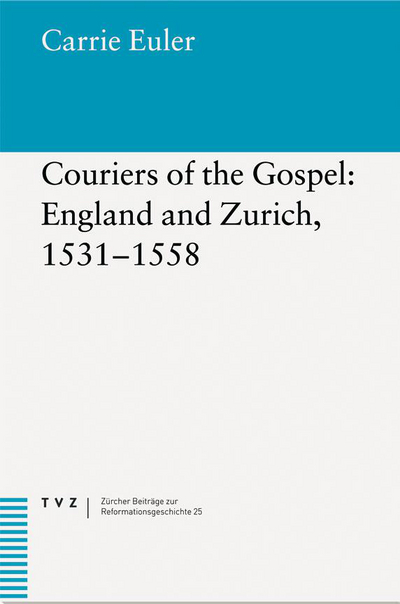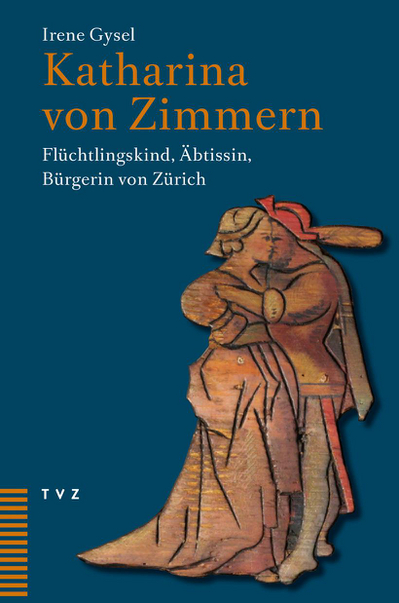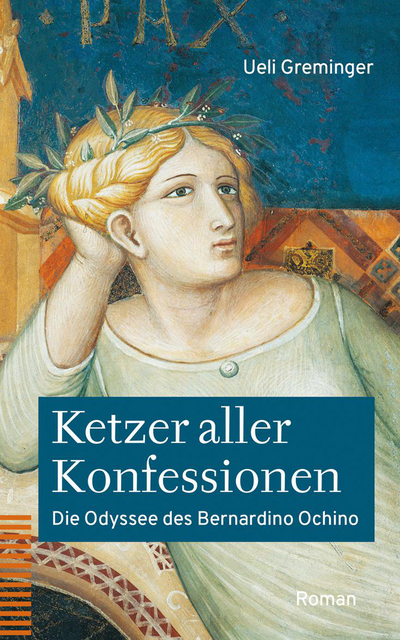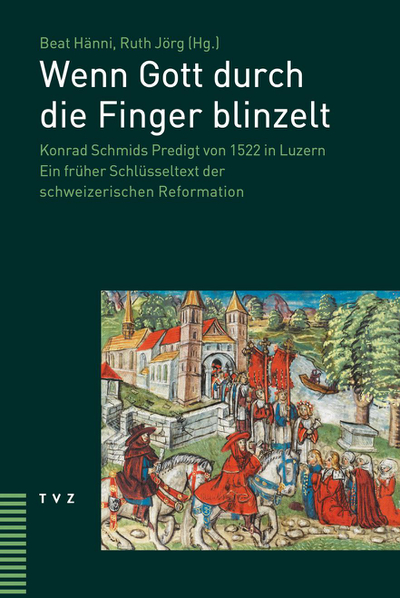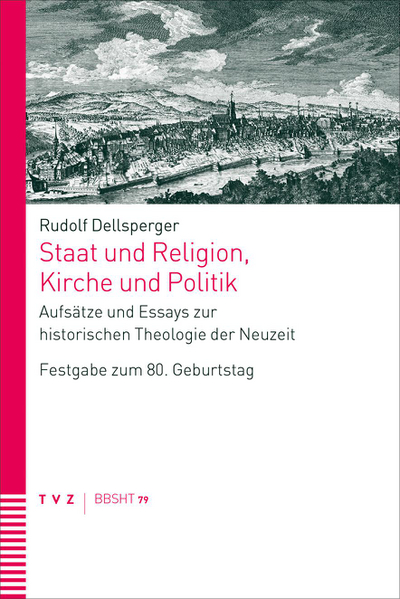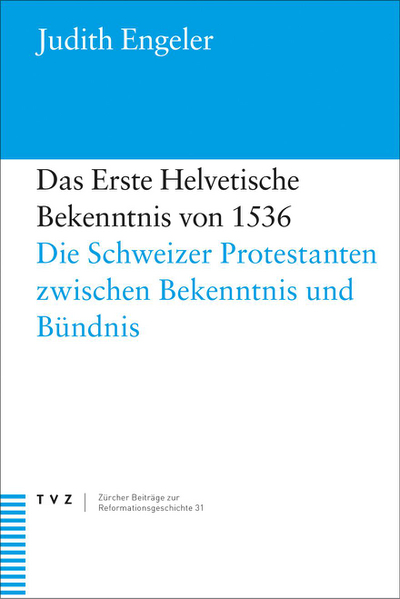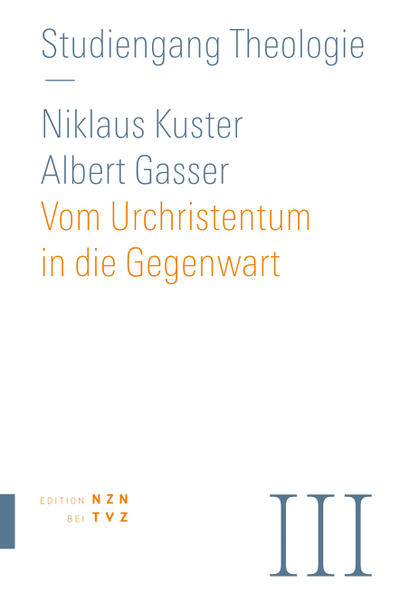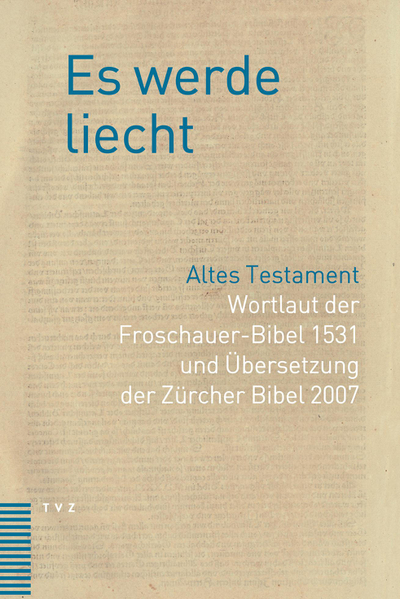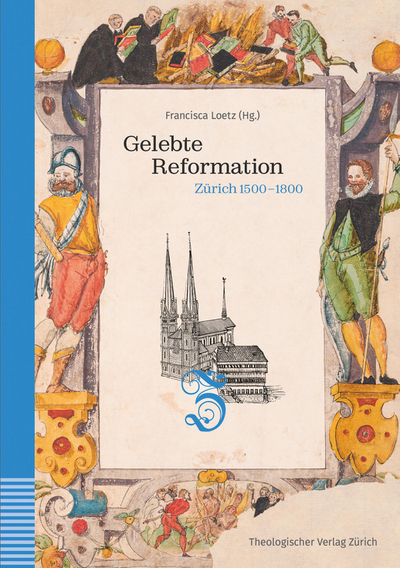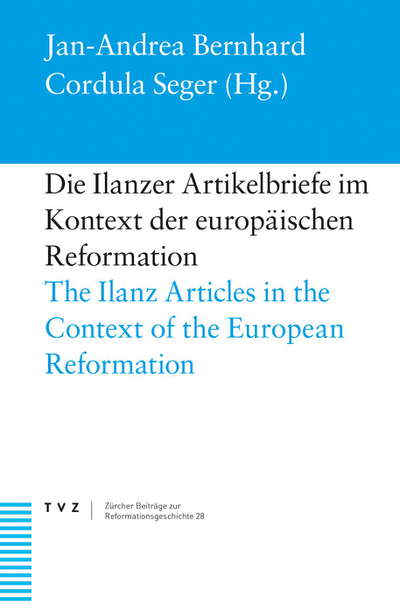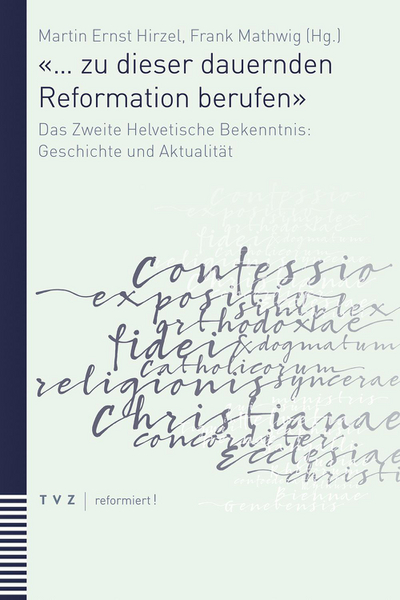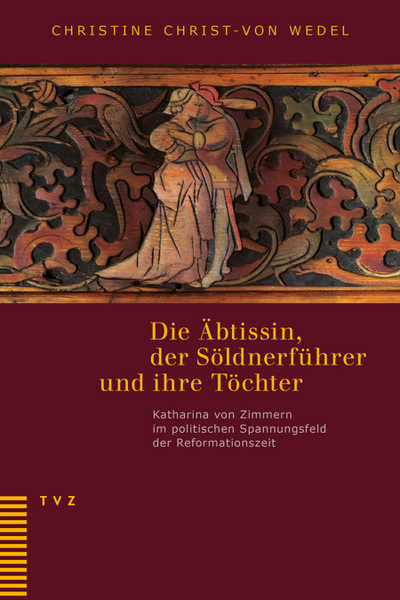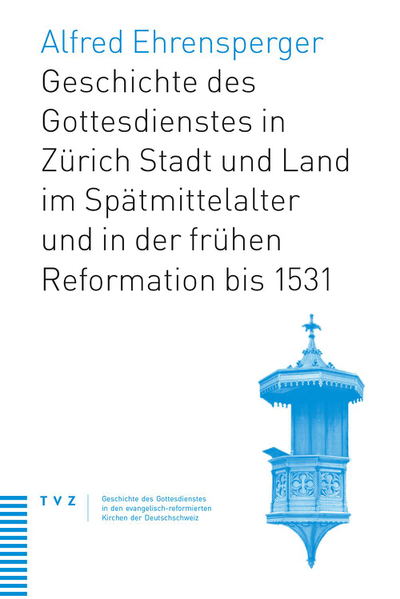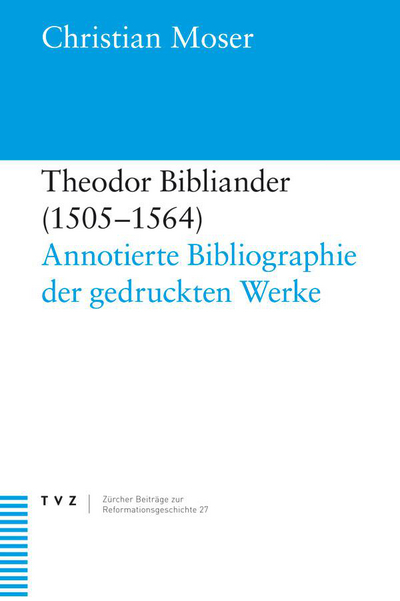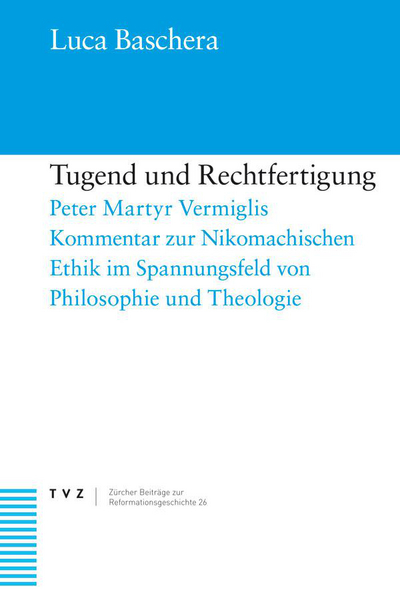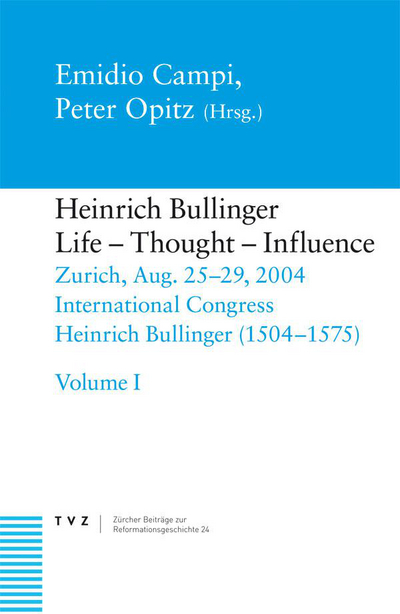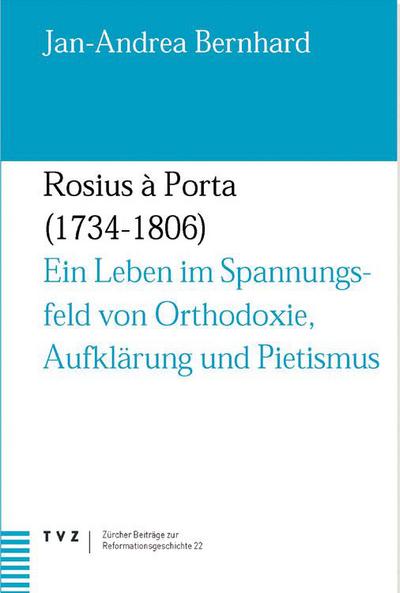In a speech before Zurich’s city council in 1553, Heinrich Bullinger declared that “the crown of England has entirely the teaching and faith that we also have.” These words suggest a more direct and abiding relationship between the English and Zurich Reformations than has been recognized by previous historians. This book deepens our understanding of Swiss and English Protestantism, while simultaneously shedding light on the interactive practices of early modern cultural and intellectual communities and the history of the book.
Three aspects of Zurich theology and practice attracted English evangelicals to Zurich’s tradition of Reformed Protestantism: rejection of the material aspects of Catholic piety, a strong anti-Anabaptist tradition, and stress on the unity of the religious and secular spheres under the authority of the civil magistrate. Dr Euler illustrates how English reformers adopted these ideas and applied them in England, allowing reformers like Bullinger to point to England as a potential ally and model of success for the Zurich tradition.
Zürcher Beiträge zur Reformationsgeschichte, Band 25
2006, 366 Seiten, 15.0 x 22.5 cm, Paperback
ISBN 978-3-290-17393-7
54,00 €
Carrie Euler received her Ph.D. from Johns Hopkins University in 2004. She has published several articles on the Zurich and English Reformations in various volumes and journals, including the Sixteenth Century Journal. She is currently Assistant Professor of History at Central Michigan University.
Die Reihe «Zürcher Beiträge zur Reformationsgeschichte» wurde von Leonhard von Muralt begründet und am Institut für Schweizerische Reformationsgeschichte der Theologischen Fakultät der Universität Zürich von Fritz Büsser und Alfred Schindler fortgesetzt.
Seit dem Jahre 2005 werden neben Arbeiten aus dem Bereich der Schweizer Reformationsgeschichte auch Untersuchungen zur Geschichte der Frühen Neuzeit veröffentlicht, die über theologiegeschichtliche Zugänge im engeren Sinne hinaus interdisziplinär angelegt sind und die Wirkungen der Reformation in den folgenden Jahrhunderten in den Blick nehmen. Die Reihe wird herausgegeben von Tobias Jammerthal in Verbindung mit Emidio Campi, Bruce Gordon, Peter Opitz und Christoph Strohm.
